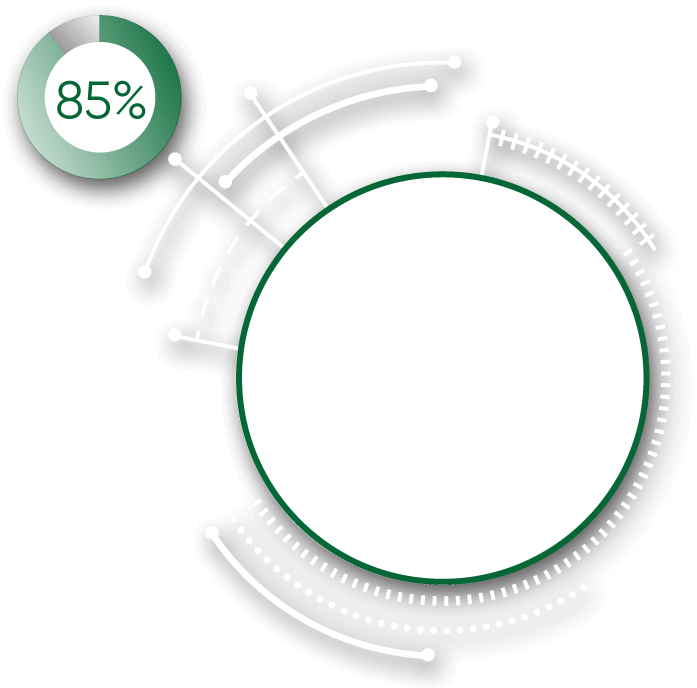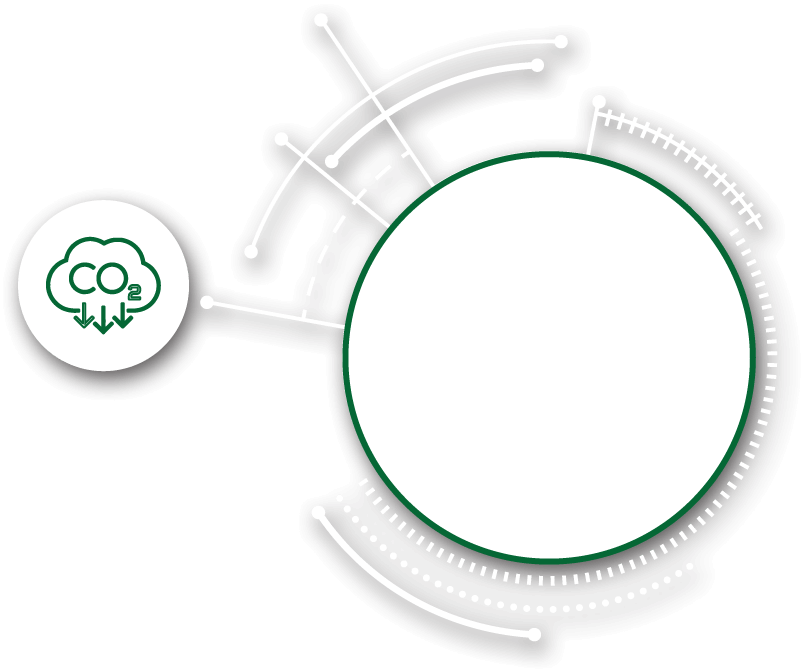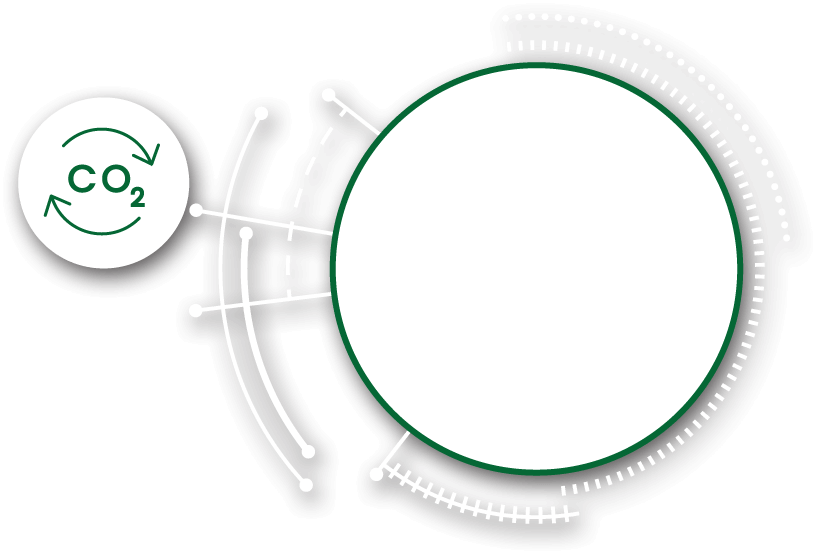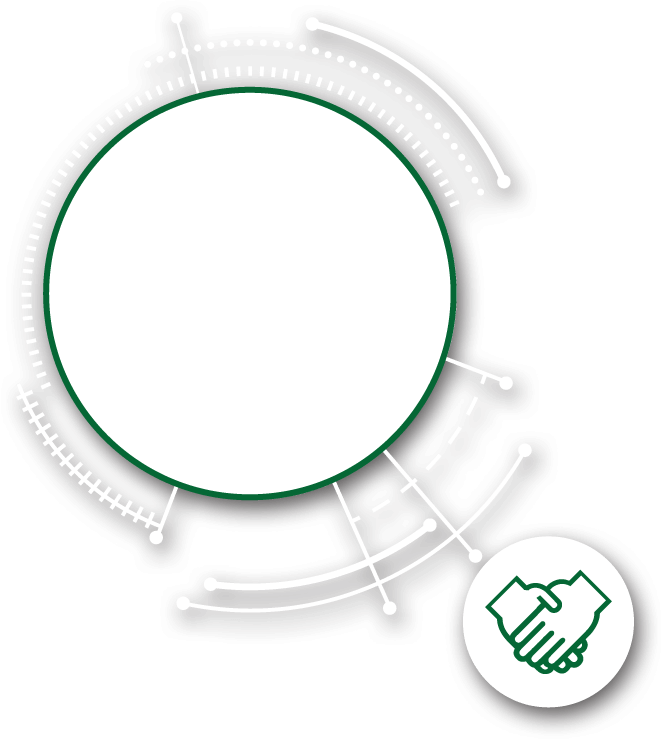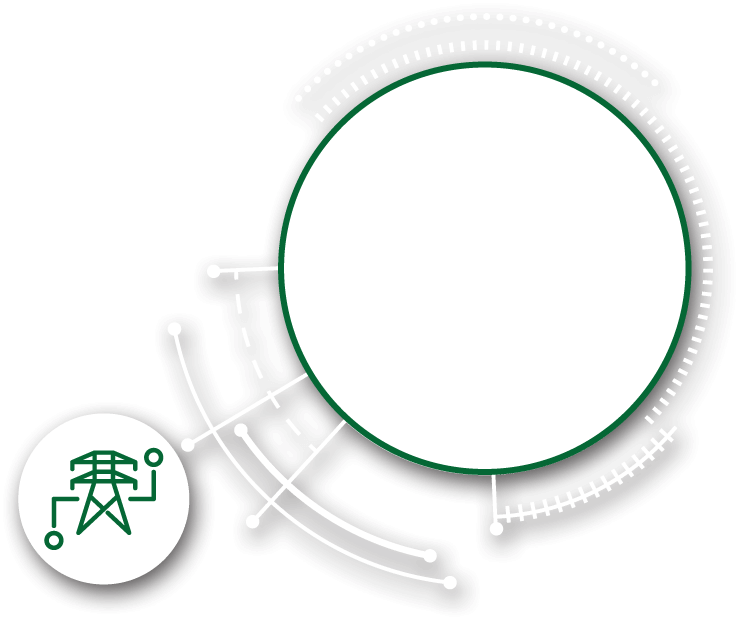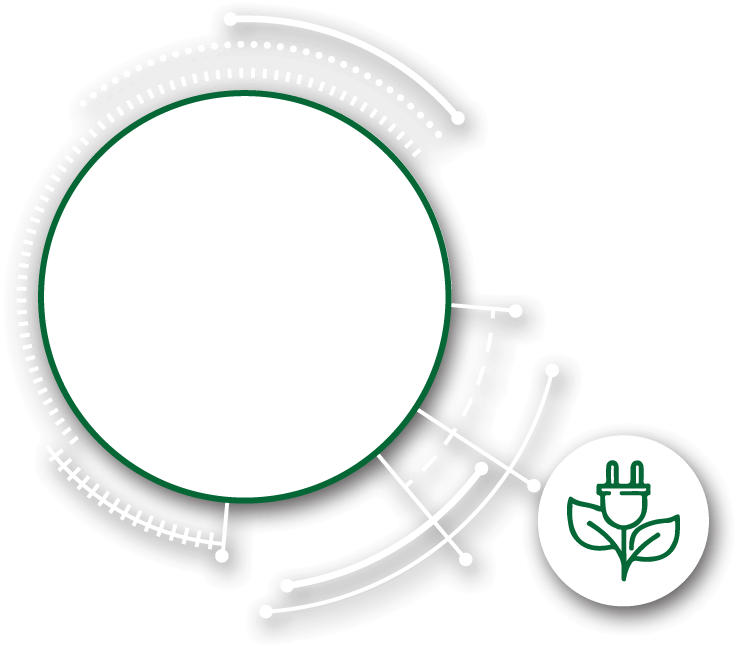
More than 85% of people are expected to live in cities by 2050.
Environmental
Gamification
The goal is to measure resource consumption in real time, analyze and visualize the carbon footprint in the building, optimize consumption and measure school against school by how much they reduce CO2 footprint.
Cities are responsible for more than 70%
of
greenhouse gas emissions and air
pollution
significantly affects
quality of life and
causes serious illness.
Digital
Literacy
By using real-time data, the
community can plan actions, create a strategy and see
the improvements on a daily basis.
Digital literacy is developed through the use of the
interface application and gamification.
Cities need to decarbonise in the next 10 years, while society still does not know what 1t of CO2 is, how it is produced, what causes it and how to reduce it.
Use of technology potential can have many positive
impacts on the environment, but
only if
synergies are achieved
in the engagement of the
city, its residents,
infrastructure and
business.
Environmental
Literacy
Easy-to-understand concept of CO2
emissions for the community (emissions
become tangible, e.g. 1 liter of water),
thereby building
environmental
awareness.
Environmental
Community
Benefits
Behavioral changes and efficiency improvements reduce electricity, water, heat, and gas consumption and lower waste emissions. Consequently, the carbon footprint decreases.
eMobility, small renewable power plants, large appliances cause difficulties and volatility in grid stability and energy reliability.
Social
Community
Benefits
Municipalities benefit from engaged citizens, improved quality of life, and changed behavior patterns; all critical steps towards becoming a carbon-neutral city.
Energy consumption is growing and causes 75% of
CO2. With the reduction of fossil fuel
consumption, energy is being electrified. We need to
significantly improve
the predictability of
energy
use and generation.
Economic
Benefits
For The City
The city receives accurate reports and consumption profiles for public buildings upfront to identify potential improvements and savings, as well as financial benefits from optimizing resource consumption.
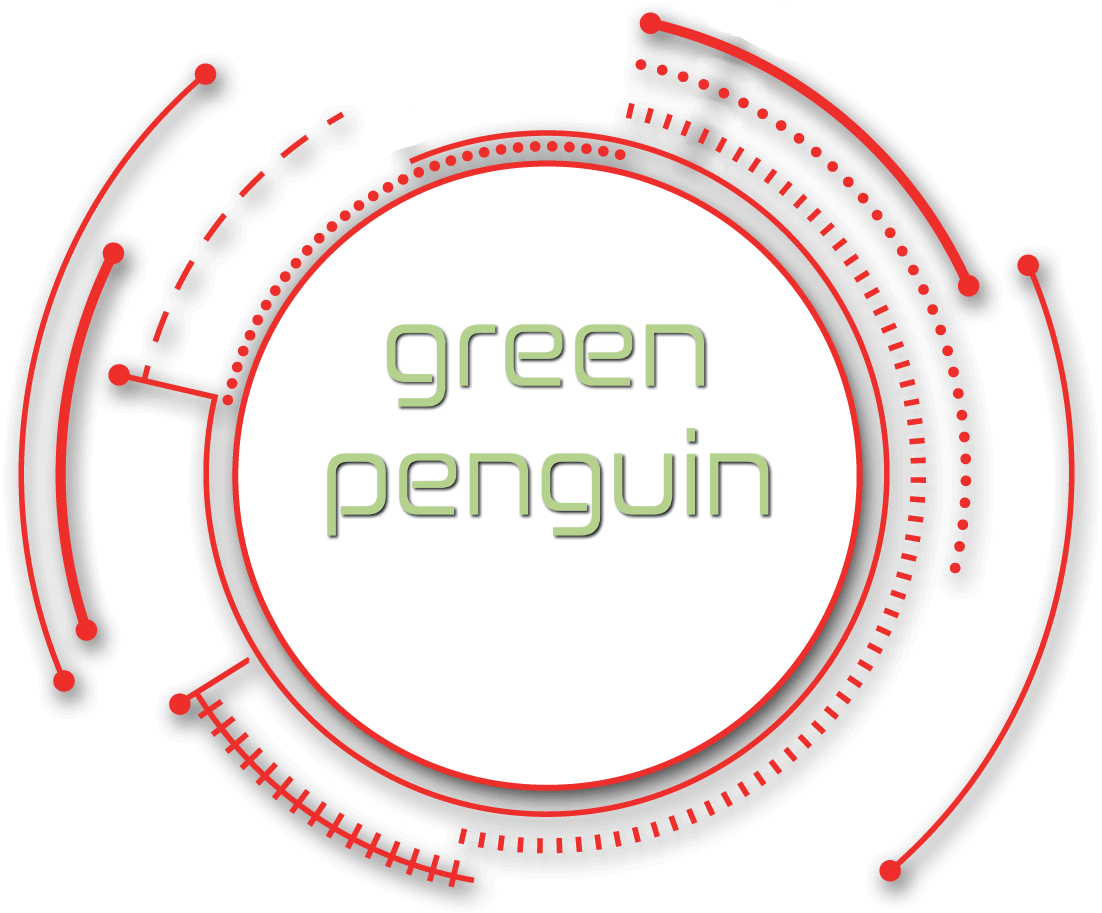
Challenges
Solutions
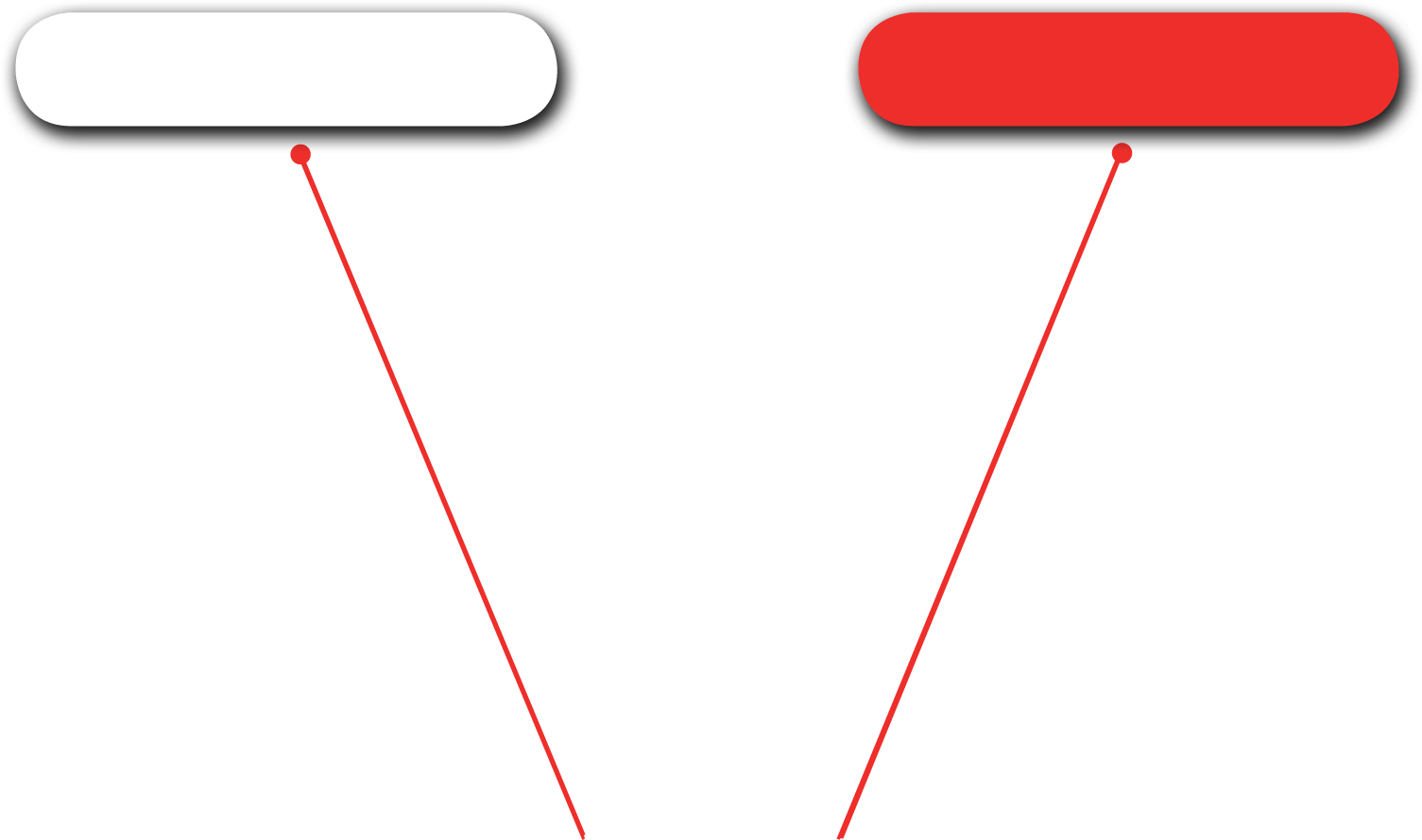
Technology moves science, but stories and games move cultures! Let’s play the game ‘Green Penguin’! We use smart digital technologies and gamification to achieve environmental and digital literacy, starting with school children and expanding to all residents with the goal of achieving a significant reduction in the city’s carbon footprint.
